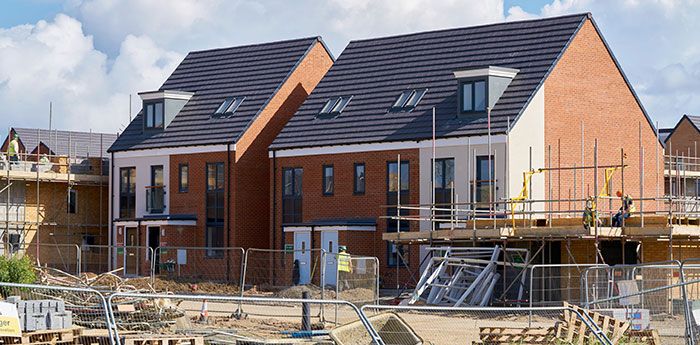Property Development

The Art of Property Development: Transforming Spaces, Creating Value
Property development is more than just constructing buildings; it's about transforming spaces and creating value for communities. In the dynamic world of real estate, property development plays a crucial role in shaping the urban landscape and enhancing the quality of life for residents and businesses alike.
Understanding Property Development
At its core, property development involves the acquisition, improvement, and construction of real estate to meet market demands. This process can range from residential housing projects and commercial complexes to mixed-use developments that combine living, working, and recreational spaces. Each project requires careful planning, strategic thinking, and meticulous execution.
Key Phases of Property Development:1. Site Acquisition and Feasibility Studies: The journey begins with identifying a suitable location and conducting thorough feasibility studies to assess the potential of the site. This includes evaluating market conditions, zoning regulations, and environmental impact.
2. Planning and Design: Once the site is acquired, the planning phase kicks in. This involves working with architects, engineers, and urban planners to design a project that meets both functional and aesthetic requirements. The goal is to create spaces that are not only practical but also visually appealing and sustainable.
3. Financing and Investment: Securing financing is a critical step in property development. This can involve a mix of equity investment, loans, and other financial instruments. Effective financial planning ensures that the project remains viable and profitable.
4. Construction: The construction phase is where the vision starts to take physical form. This stage requires coordination between contractors, suppliers, and various stakeholders to ensure that the project is completed on time and within budget.
5. Marketing and Sales: As the project nears completion, marketing efforts ramp up to attract buyers or tenants. This phase involves showcasing the unique features and benefits of the development to potential clients
6. Management and Maintenance: Post-construction, property management becomes crucial to maintain the value and functionality of the development. This includes regular maintenance, tenant management, and continuous improvements.
Conclusion:
Property development is a complex but rewarding endeavor that requires vision, expertise, and a deep understanding of market dynamics. By transforming spaces and creating value, developers play a pivotal role in shaping the future of our cities and communities. As trends continue to evolve, the focus on sustainability, technology, and integrated living spaces will drive innovation and excellence in the industry.

